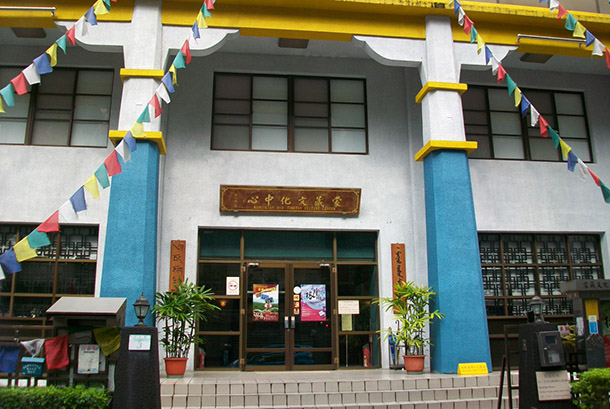Dharamshala — According to reports from Taiwan, the Legislative Yuan voted to pass a resolution today, November 28, abolishing the Mongolian and Tibetan Affairs Commission (MTAC).
 Dharamshala — According to reports from Taiwan, the Legislative Yuan voted to pass a resolution today, November 28, abolishing the Mongolian and Tibetan Affairs Commission (MTAC).
Dharamshala — According to reports from Taiwan, the Legislative Yuan voted to pass a resolution today, November 28, abolishing the Mongolian and Tibetan Affairs Commission (MTAC).
The Mongolian and Tibetan Affairs Commission was established 17 years ago. The Commission has been responsibility for providing guidance and care for Mongolian and Tibetan people in Taiwan, preserving Mongolian and Tibetan culture, cultivating talents, studying Mongolian and Tibetan culture, and participating in humanitarian aid, economic trade, academics, cultural and medical exchanges with overseas Mongolian and Tibetan communities.
According to the Mongolian and Tibetan Society official website, on July 11, the Executive Yuan announced that MTAC will be dissolved, transferring many responsibilities to the Mainland Affairs Council's (MAC) Department of Hong Kong and Macao Affairs, which will take the new name of the Department of Hong Kong, Macao, Mongolia and Tibet.
Shi Nengjie, chief executive of the Executive Yuan said, "After the withdrawal of the MTAC, various efforts will be conducted for the preservation of Mongolian and Tibetan culture, a responsibility that will be transferred to the Ministry of Culture. Messages from Mongolians and Tibetans in Taiwan will be collected and analysis will be moved to the Mainland Affairs Council... The posts will be shifted to the MAC and the MOFCOM respectively. An additional Mongolian-Tibetan cultural center will be set up in the Ministry of Culture.
Li Junlian, a Democratic Progressive Party legislator, said, "Mongolia and Tibet will be abolished as Taiwan's relations with Mongolia and Tibet change with time and space."
Taiwan’s ruling Democratic Progressive Party (DPP) was reported to have argued that it was “no longer necessary” to have a commission to deal with matters relating to Mongolians and Tibetans since Mongolia was now an independent country while Tibet was seeking to gain similar status.


![Tibet has a rich history as a sovereign nation until the 1950s when it was invaded by China. [Photo: File]](/images/stories/Pics-2024/March/Tibet-Nation-1940s.jpg#joomlaImage://local-images/stories/Pics-2024/March/Tibet-Nation-1940s.jpg?width=1489&height=878)















